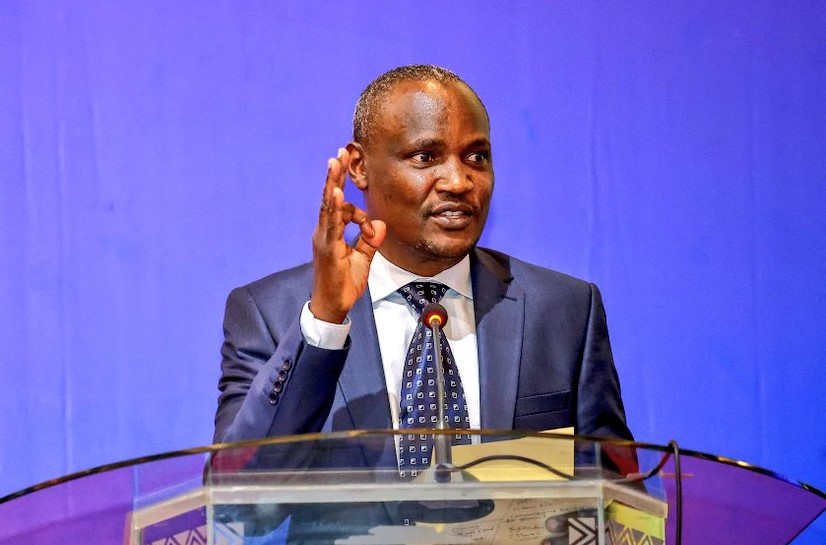Treasury Cabinet Secretary John Mbadi has dismissed allegations that the government is manipulating the Kenyan shilling’s value following recent concerns raised by the International Monetary Fund (IMF).
Speaking during a meeting with the Swedish Ambassador to Kenya, Håkan Åkesson, on Wednesday, Mbadi attributed the shilling’s stability to “prudent macroeconomic stewardship and growing investor confidence” in the country’s economic trajectory.
According to a statement released after the meeting, several factors have contributed to the shilling’s resilience, including an eight per cent rise in diaspora remittances, improved export earnings, and fuel procurement reforms that reduced dependency on the U.S. dollar through government-to-government (G-to-G) arrangements. These measures have eased pressure on Kenya’s foreign exchange reserves.
Mbadi highlighted that the Kenya shilling has averaged around Ksh129 against the U.S. dollar for the past 15 months, citing it as evidence of a stable and healthy economy. He further noted that Kenya’s economy is expanding at approximately 5 per cent annually, with the government targeting 7 per cent growth under President William Ruto’s Bottom-Up Economic Transformation Agenda (BETA).
Despite this optimism, the IMF and some local experts have questioned the shilling’s sustained stability. Kenya Revenue Authority (KRA) Chairperson Nderitu Muriithi revealed that IMF officials recently raised concerns during a visit to Nairobi, saying the exchange rate appeared “too stable,” potentially interfering with inflation targeting mechanisms.
However, Presidential Economic Advisor David Ndii dismissed such fears, describing the debate as “witchcraft” within the economics field and emphasizing that policymakers must remain pragmatic.
Mbadi, who is attending the IMF/World Bank Annual Meetings in Washington, D.C., reaffirmed that Kenya’s economic fundamentals remain strong and that the government’s monetary and fiscal policies are designed to promote long-term stability, not manipulation.

